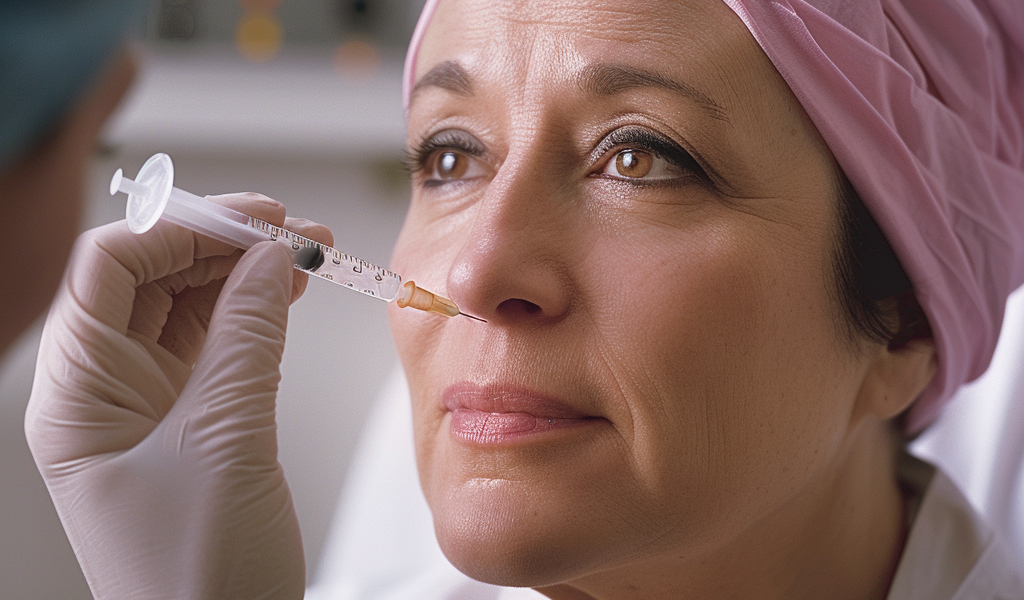Scientists in Australia believe they have made a significant breakthrough in the treatment of triple-negative breast cancer, the deadliest and most aggressive form of breast cancer. Unlike traditional chemotherapy, the new treatment specifically targets and slows the growth of cancerous cells within breast tissue, sparing healthy cells. This oral medication also addresses metastatic lesions that have spread to other parts of the body and have shown resistance to chemotherapy.
Triple-negative breast cancer, which constitutes up to 15 percent of all breast cancers, is notorious for its rapid growth and spread, particularly among young patients. Currently, there are no targeted drug treatments available for this type of cancer, leaving patients with limited options such as intensive chemotherapy or cutting-edge immunotherapy, both of which offer only modest success rates.
If the cancer metastasizes beyond the localized breast tissue, the five-year survival rate drops dramatically from 91 percent to 12 percent. Given the lack of effective treatments, there is an urgent need for new therapeutic approaches to combat this aggressive form of cancer.
According to breast cancer expert Theresa Hickey from the University of Adelaide, who led the experiments on the new oral medicine, this development represents a significant step forward in the fight against triple-negative breast cancer. Hickey stated, ‘The results of this study demonstrate that this drug could be the key to improving survival rates.’
The drug at the center of this breakthrough is CDDD11-8, which was initially designed to treat acute myeloid leukemia (AML). AML is a cancer that develops in the bone marrow and is challenging to target. The cancerous cells in AML thrive and spread by increasing protein production, particularly through a pathway known as cyclin-dependent kinase 9 (CDK9).
As of now, the United States Food and Drug Administration has not approved any drug that inhibits CDK9, although one version has shown promising initial clinical results. The potential of CDDD11-8 in treating triple-negative breast cancer offers hope for improving the survival rates of patients with this aggressive and difficult-to-treat form of the disease.





